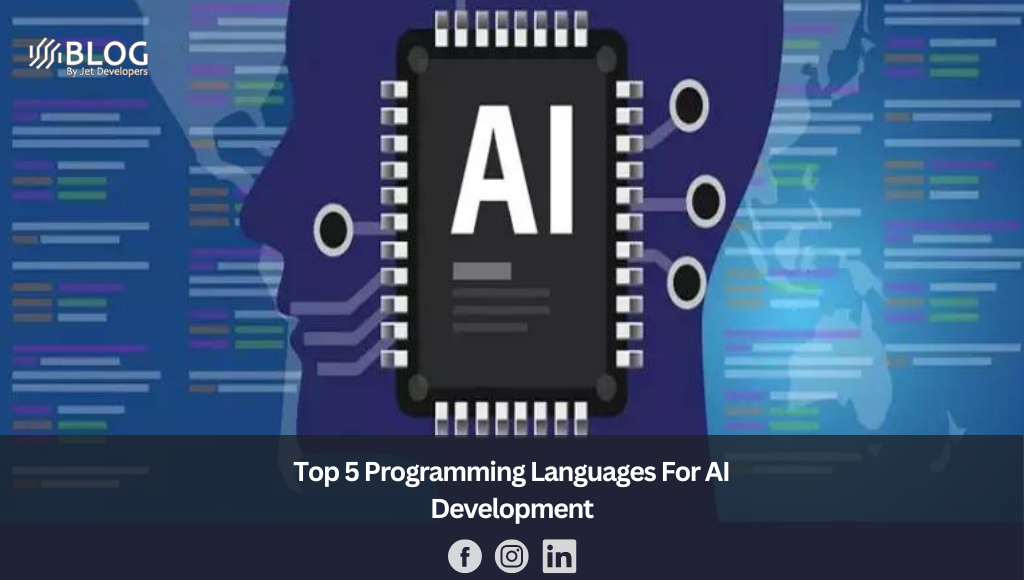Artificial Intelligence (AI) is not on the brink of replacing human employees; rather, those who harness AI capabilities will outpace those who don’t, according to a recent report from tech giant IBM. The report delves into the profound implications of AI adoption within businesses.
Across industries, companies are swiftly integrating AI into their operations with the intention of liberating their workforce’s time. This strategic move allows employees to redirect their efforts towards tasks demanding a personalized touch. One vital aspect of AI is that it operates precisely as it’s trained to do. Thus, the exaggerated concerns surrounding technology’s potential to seize jobs and dominate humanity can be tempered.
Anticipating Disruption IBM’s discussions with executives reveal an estimated 40 percent of the workforce will need to refine their skill sets within the next three years due to the advent of AI and automation. This adjustment could impact roughly 1.4 billion out of the global workforce’s 3.4 billion individuals.
In the past few years, esteemed institutions such as the University of Cambridge and the University of Edinburgh have launched programs centered around AI ethics and establishing ethical boundaries for professionals in the field. Simultaneously, online education providers offer specialized programs, degrees, and certifications in AI and machine learning, fostering the aspiration for skills enhancement.
Front-Runners in AI Adoption LinkedIn’s Future of Work Report, unveiled in August 2023, highlights Singapore as the frontrunner in AI integration. Singaporean workers lead the global trend, with a substantial number of LinkedIn members adding AI skills to their profiles. Following Singapore, Finland, Ireland, India, and Canada also embrace AI skills.
Moreover, the report reveals that AI skills are not confined to the tech sector; they are increasingly sought after in retail, education, and financial services domains. While STEM competencies are becoming a fundamental requirement, managerial roles are pivoting towards developing interpersonal skills, time management, and collaborative proficiencies.
Upscaling and Collaborative Augmentation A remarkable 87 percent of the surveyed executives conveyed that AI will enhance, not replace, human roles through generative AI. Nevertheless, the most significant transformation is projected to impact lower-level positions, with entry-level roles witnessing the most substantial changes.
This perspective aligns with IBM CEO Arvind Krishna’s recent statement, which initially caused some apprehension. He indicated that IBM might halt hiring for positions susceptible to AI replacement, potentially affecting around 30 percent of the company’s workforce of 26,000 employees over a five-year span.
The pivotal consideration for companies lies in ensuring AI-powered machines operate in service of humans, rather than humans becoming subservient to technology. The evolving landscape demands a collaborative synergy between human capabilities and AI advancements.






